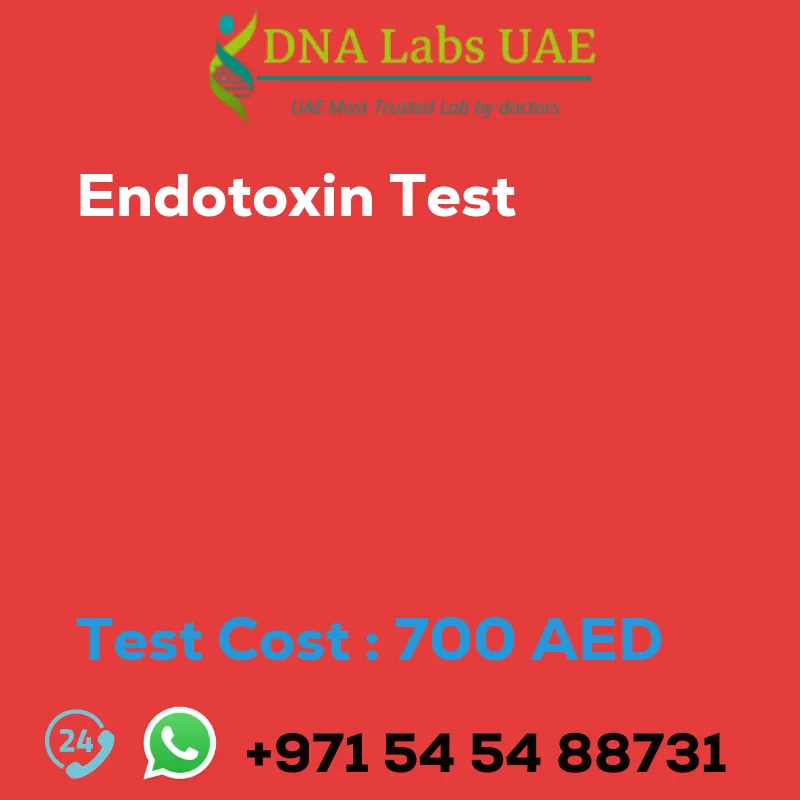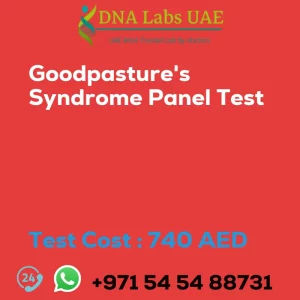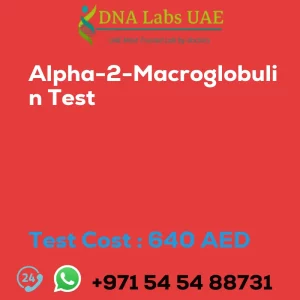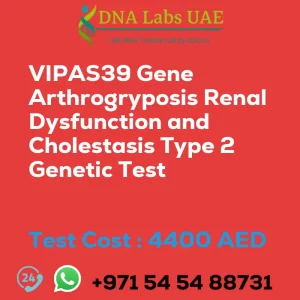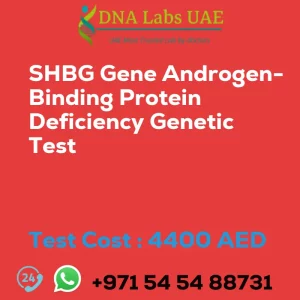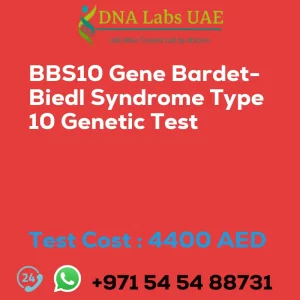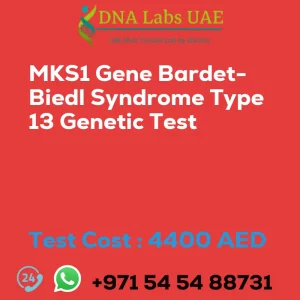ENDOTOXIN Test Cost AED:700.0
Are you experiencing symptoms such as fever, inflammation, or septic shock? It might be worth considering an ENDOTOXIN Test. DNA Labs UAE offers this test at a cost of AED 700.0.
Test Details
The endotoxin test, also known as the Limulus amebocyte lysate (LAL) test, is a method used to detect the presence of endotoxins in pharmaceutical products, medical devices, and biological samples. Endotoxins are lipopolysaccharides (LPS) found in the outer membrane of Gram-negative bacteria.
The LAL test utilizes the blood of the horseshoe crab, which contains a clotting agent called amebocyte lysate. This lysate is sensitive to endotoxins and will cause gelation or clotting in the presence of even small amounts of endotoxins.
The test involves mixing the sample being tested with the LAL reagent and observing for any gelation or clotting reaction. There are different types of endotoxin tests, including the gel clot method, turbidimetric method, and chromogenic method.
The gel clot method is the most common and simplest form of the test. If gelation occurs after mixing the sample with the LAL reagent, it indicates the presence of endotoxins. The turbidimetric and chromogenic methods are more quantitative and provide a numerical value for the endotoxin concentration in the sample.
The endotoxin test is a critical quality control test in the pharmaceutical and medical industries, as it ensures the safety of products intended for human use. It is a sensitive and specific method for detecting endotoxins and is widely accepted by regulatory agencies such as the United States Pharmacopeia (USP) and the European Pharmacopoeia (EP).
Symptoms and Diagnosis
If you are experiencing symptoms such as fever, inflammation, or septic shock, it is important to consult with a doctor, specifically a Nephrologist. They will be able to evaluate your symptoms and determine if an ENDOTOXIN Test is necessary.
Test Components and Price
The ENDOTOXIN Test offered by DNA Labs UAE is priced at AED 700.0. The sample condition required for this test is 5 mL (3 mL min.) of dialysis water or dialysate in a sterile screw capped container. The sample should be shipped refrigerated or frozen.
Report Delivery
The sample for the ENDOTOXIN Test should be submitted by Tuesday, and the report will be delivered the next day by 6 pm.
Pre Test Information
No special preparation is required for the ENDOTOXIN Test.
Conclusion
If you are concerned about the presence of endotoxins in pharmaceutical products, medical devices, or biological samples, the ENDOTOXIN Test offered by DNA Labs UAE can provide you with peace of mind. With a cost of AED 700.0, this test is a critical quality control measure in ensuring the safety of products intended for human use.
| Test Name | ENDOTOXIN Test |
|---|---|
| Components | |
| Price | 700.0 AED |
| Sample Condition | 5 mL (3 mL min.) Dialysis water \/ Dialysate in a sterile screw capped container. Ship refrigerated or frozen. |
| Report Delivery | Sample Tue by 6 pm; Report Next day |
| Method | Kinetic Assay, Colorimetric |
| Test type | Disorders of Kidney |
| Doctor | Nephrologist |
| Test Department: | |
| Pre Test Information | No special preparation required |
| Test Details |
The endotoxin test, also known as the Limulus amebocyte lysate (LAL) test, is a method used to detect the presence of endotoxins in pharmaceutical products, medical devices, and biological samples. Endotoxins are lipopolysaccharides (LPS) found in the outer membrane of Gram-negative bacteria, and they can cause various adverse effects in humans, including fever, inflammation, and septic shock. The LAL test utilizes the blood of the horseshoe crab, which contains a clotting agent called amebocyte lysate. This lysate is sensitive to endotoxins and will cause gelation or clotting in the presence of even small amounts of endotoxins. The test involves mixing the sample being tested with the LAL reagent and observing for any gelation or clotting reaction. There are different types of endotoxin tests, including the gel clot method, turbidimetric method, and chromogenic method. The gel clot method is the most common and simplest form of the test. If gelation occurs after mixing the sample with the LAL reagent, it indicates the presence of endotoxins. The turbidimetric and chromogenic methods are more quantitative and provide a numerical value for the endotoxin concentration in the sample. These methods involve measuring the change in turbidity or color after the addition of the LAL reagent. The higher the endotoxin concentration, the greater the change in turbidity or color. The endotoxin test is a critical quality control test in the pharmaceutical and medical industries, as it ensures the safety of products intended for human use. It is a sensitive and specific method for detecting endotoxins and is widely accepted by regulatory agencies such as the United States Pharmacopeia (USP) and the European Pharmacopoeia (EP). |

